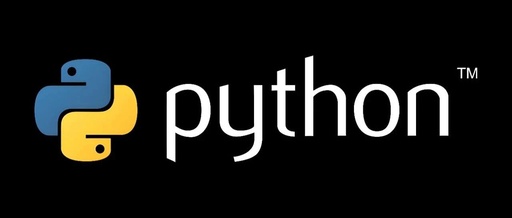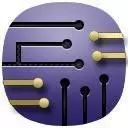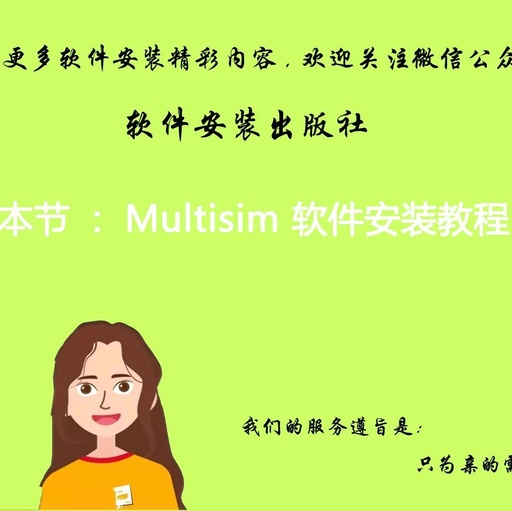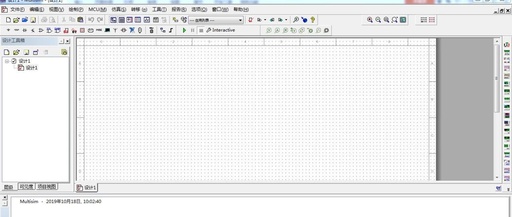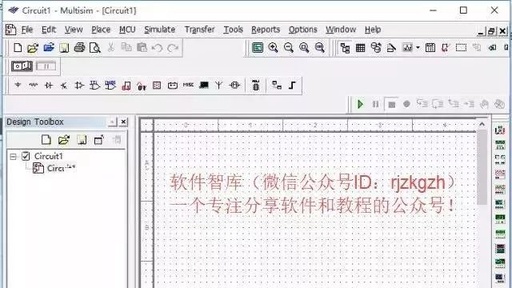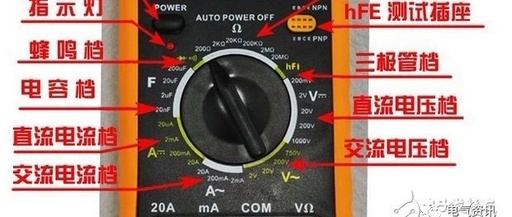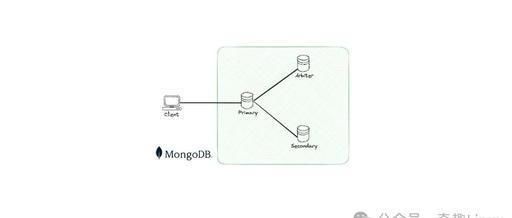Basic Python Tutorial
Python is a simple, powerful programming language that is suitable for both beginners and professional developers. This tutorial will introduce the basic concepts of Python. 1. Introduction to Python Python is a high-level, interpreted, general-purpose programming language, first released by Guido van Rossum in 1991. It has the following features: Simple and readable syntax Cross-platform … Read more
